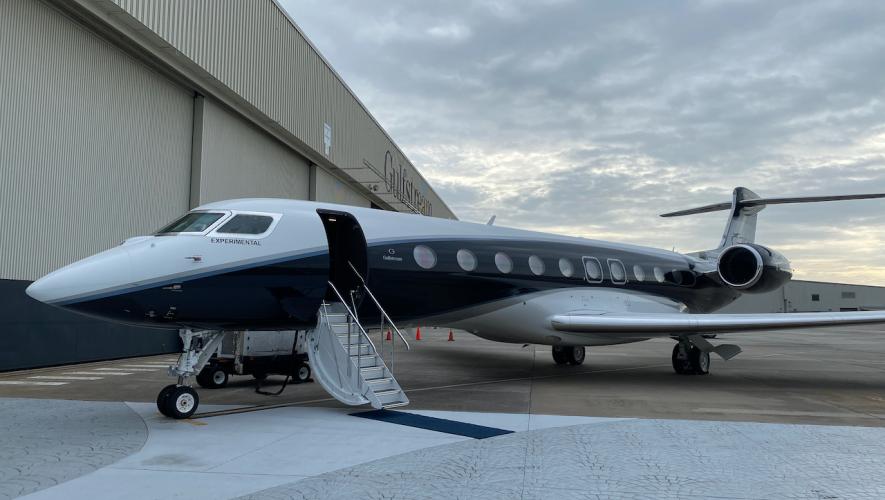Revenues and earnings declined at the Defence and Space Division of Airbus last year, and a €551 million provision was made in the fourth quarter, because of delays in delivering the contracted capabilities of the A400M airlifter. Revenues at the division are now less than one-third that of the Commercial Aircraft Division. Nevertheless, at the annual results presentation late last month, Airbus group CEO Tom Enders declared that, after allowing for the A400M charge, Defence and Space had “done a terrific job…they’re the most profitable division.”
The A400M delays have led to a management shake-up. On March 1, Airbus flight-test operations chief Fernando Alonso took over as head of the Military Aircraft business unit, replacing Domingo Urena-Raso. “We need to increase our performance on the A400M, no doubt about that,” Enders told financial analysts. Airbus now says that A400M capabilities such as aerial delivery, defensive aids subsystem (DASS) and air-to-air refueling pods will be integrated “in the second half of 2015.”
Enders said that the Eurofighter production business is “very profitable,” but securing more export contracts is “a big question,” although he remains confident. Last year, Urena-Raso declared that military aircraft business “would have to win at least one export campaign for both Eurofighter and A400M” in 2014. This never happened, and the A400M still has only one customer outside the European partner nations that launched the program. Handover of the first aircraft to that customer—Malaysia—took place this week.
The unmanned aircraft business remains problematic for Defence & Space. Winning a definition contract for the medium-altitude long endurance (MALE) 2020 UAV is a top priority for this year, but the governments of France, Germany and Italy have not yet responded to the company’s proposal, jointly developed with Alenia and Dassault. Meanwhile, in the small/medium UAV market, previous acquisitions and consolidations have left Airbus with a legacy of overlapping projects in France, Germany and Spain. At last month’s briefing for the analysts, Airbus group chief financial officer Harald Wilhelm said that “substantial portfolio streamlining” is required.







